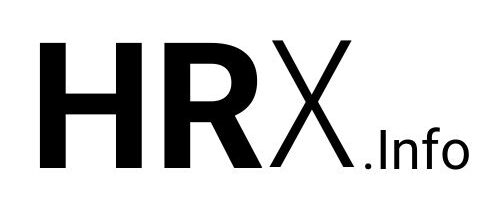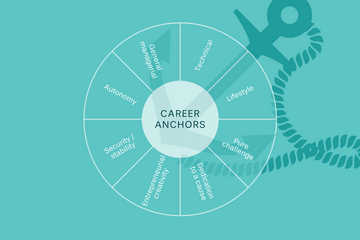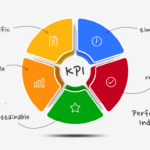Career anchors, a concept developed by Edgar Schein, refer to core aspects of an individual’s self-concept—including perceived talents, values, motives, and motivations—that provide stability and direction in career-related decision-making. These anchors serve as internal drivers, shaping how individuals evaluate career opportunities and define professional success.
Schein identified five primary career anchors, each representing a dominant career orientation:
-
Leadership Competence
Individuals are motivated by opportunities to lead, influence others, and take on managerial responsibility. -
Technical-Functional Competence
These employees value mastery, expertise, and goal-focused work within their technical or functional area. -
Security
Career decisions are guided by a desire for long-term stability—both in employment and financial terms. -
Creativity
Innovation and problem-solving are central motivators; these individuals thrive when generating new ideas or building something from scratch. -
Autonomy and Independence
The drive for self-direction dominates. These individuals prefer to work on their own terms and often seek roles with minimal oversight.
Relevance for HR and Career Planning
Understanding career anchors enables more individualized career planning, aligning employee development with intrinsic motivations. Organizations can use career anchor assessments to enhance:
-
Career counseling
-
Employee engagement
-
Retention strategies
By matching roles and development opportunities to an employee’s dominant career anchor, companies can foster greater satisfaction and performance.
« Back to Glossary Index





![15 Employee Offboarding Templates That Save Hours of HR Time [Free Downloads] 15 Employee Offboarding Templates That Save Hours of HR Time [Free Downloads]](https://i1.wp.com/www.hrcloud.com/hubfs/Header.png?w=150&resize=150,100&ssl=1)
